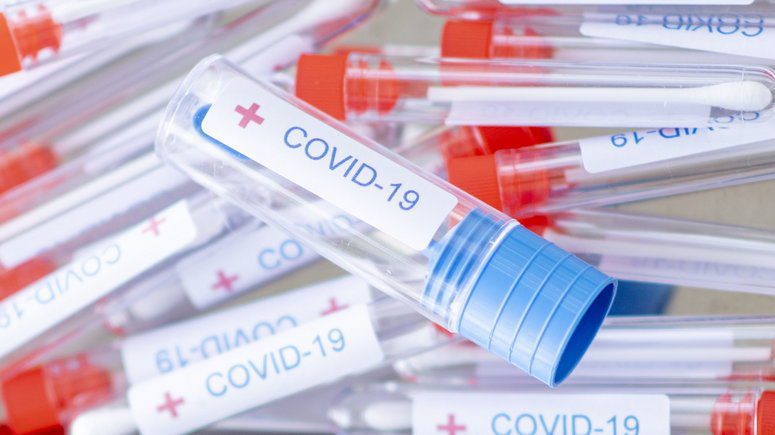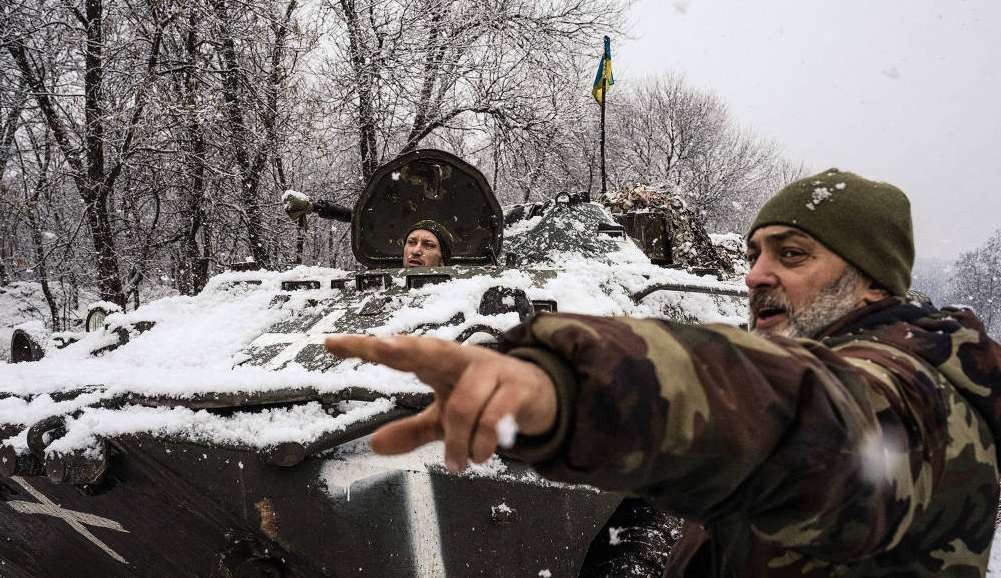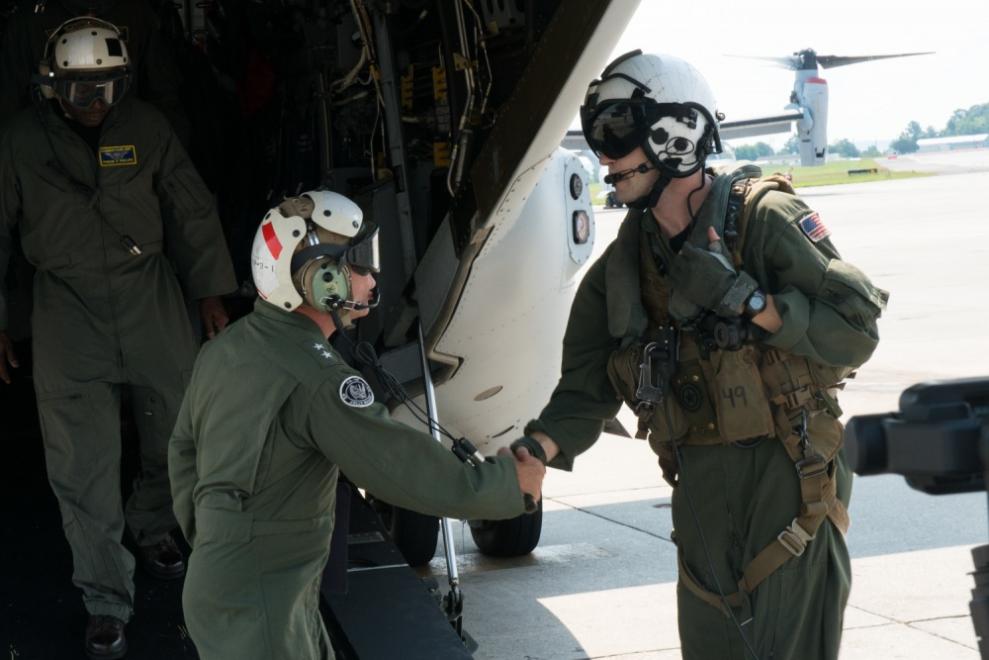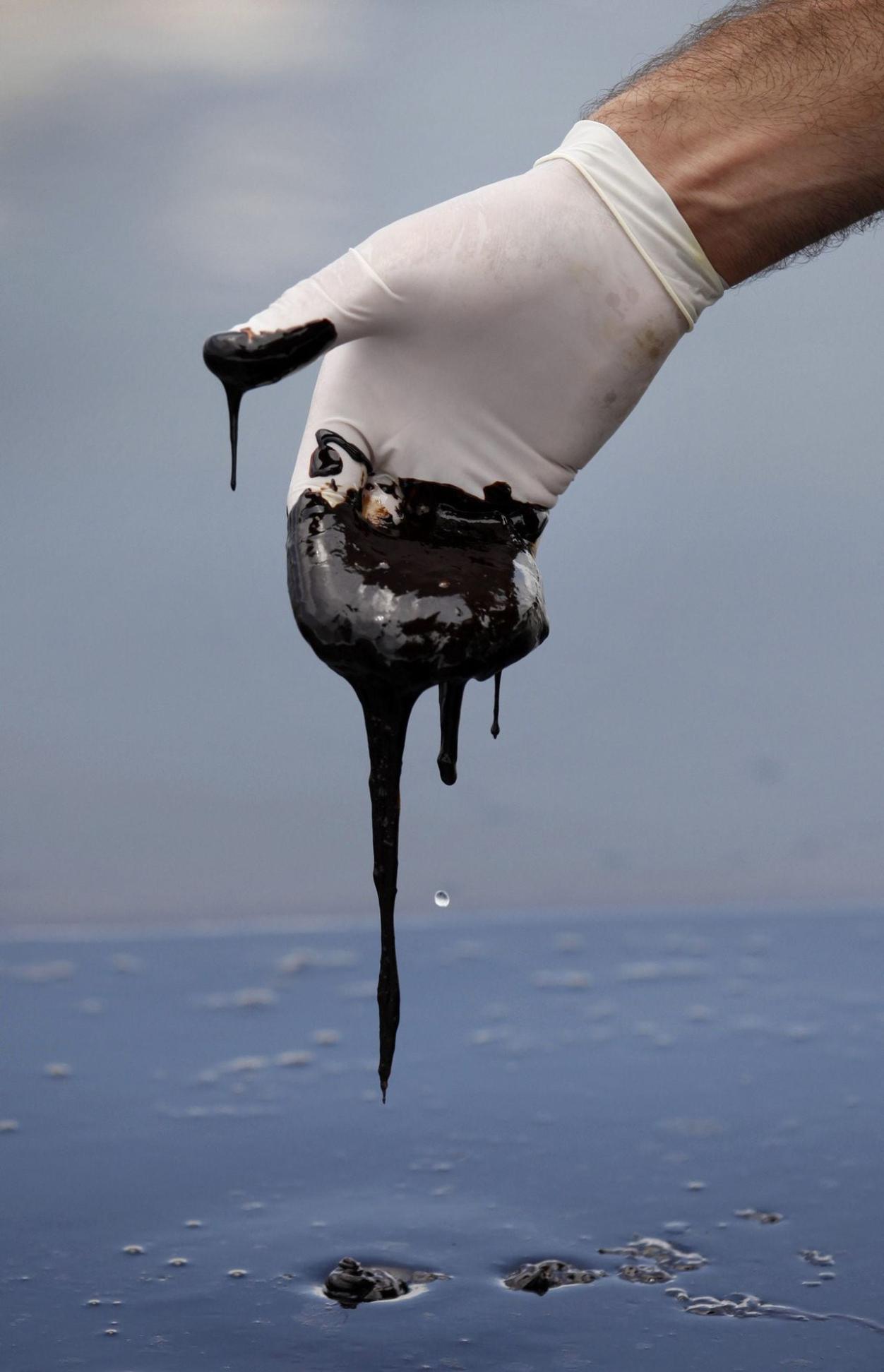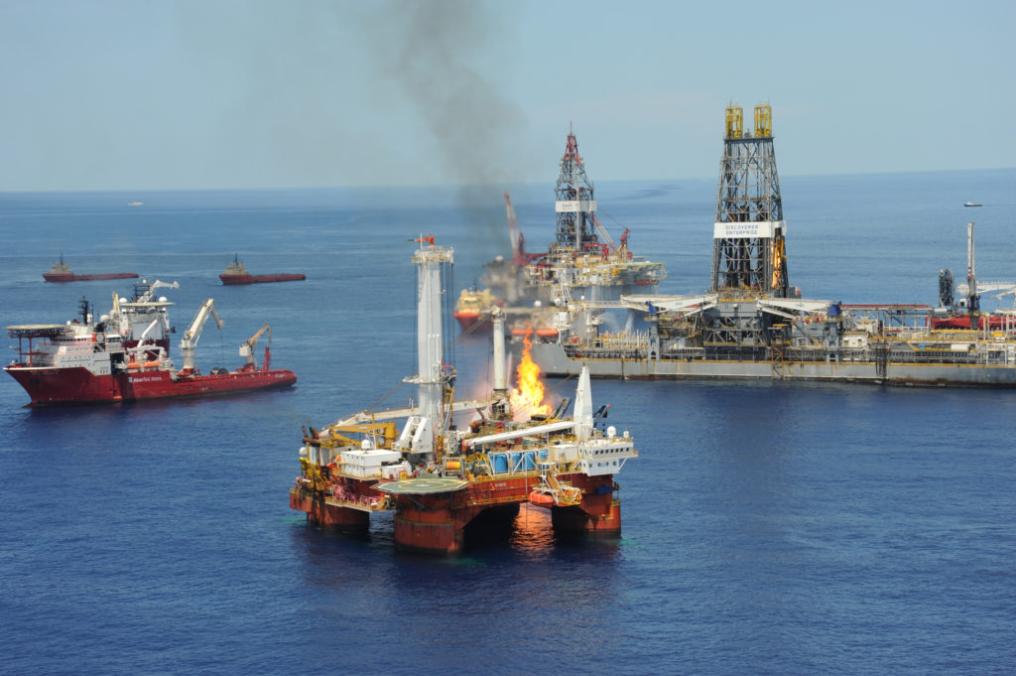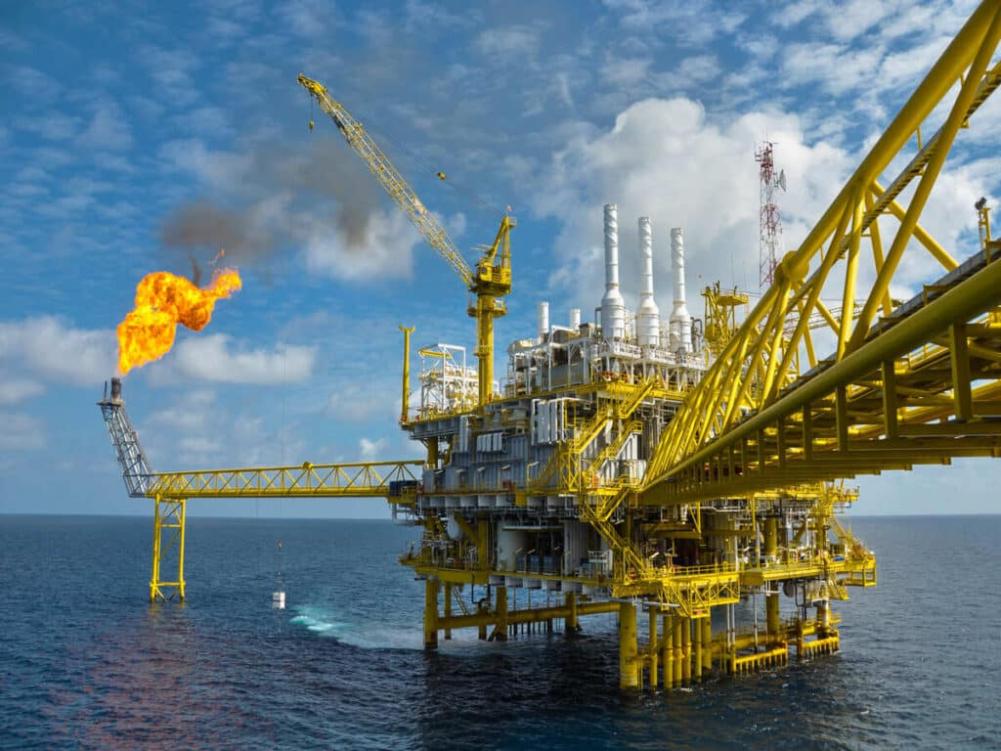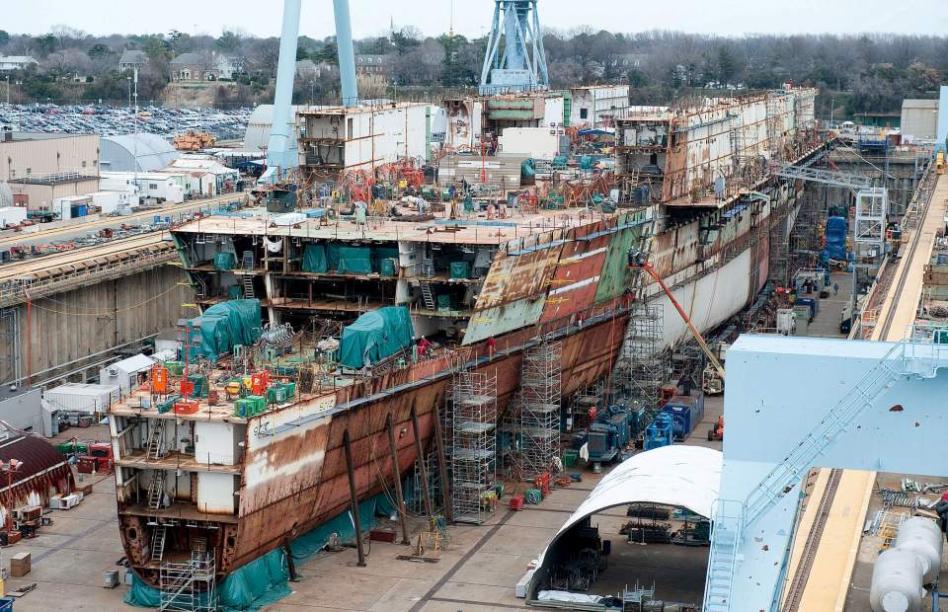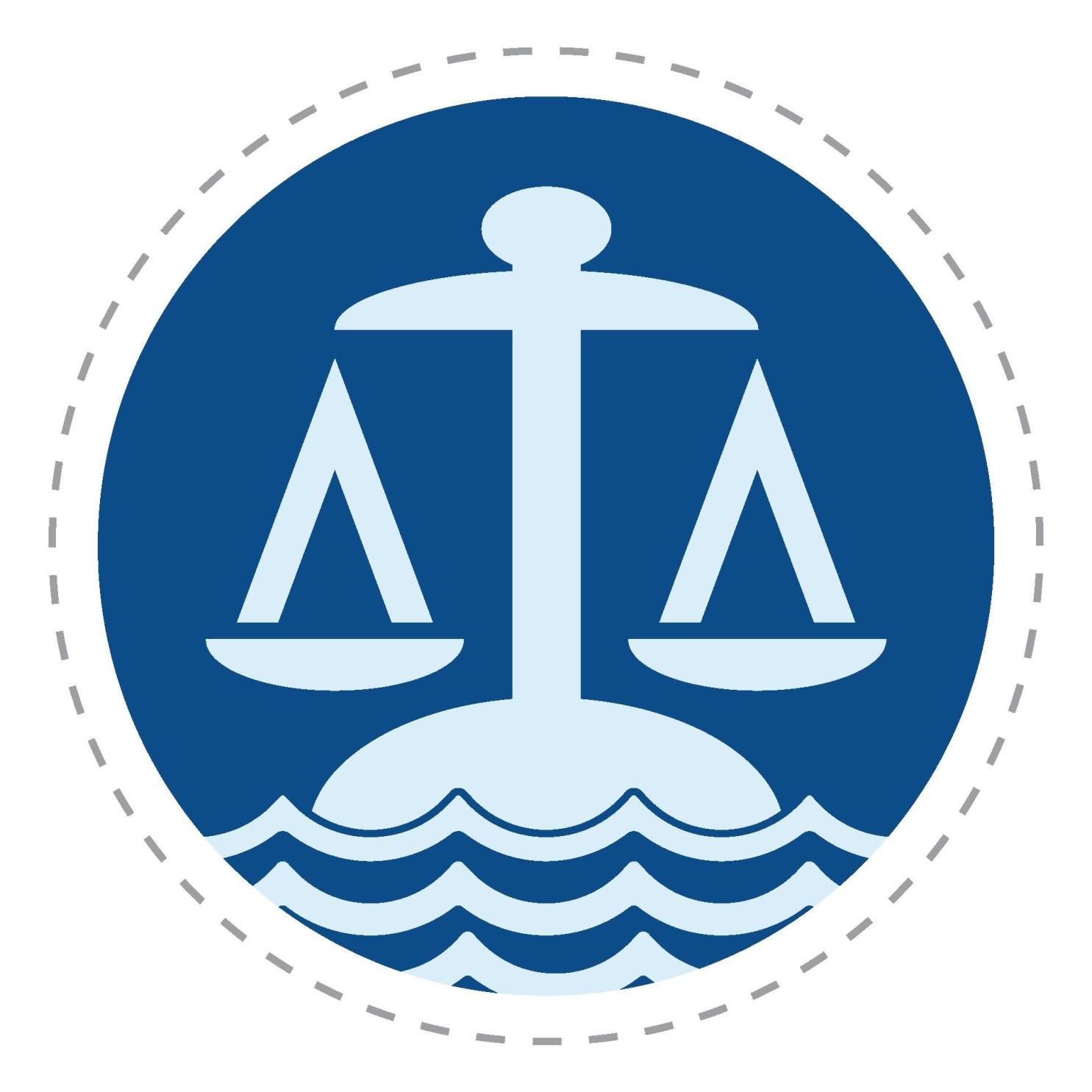Follow Us @
What are the different types of marine accidents?
maritime law
Maritime accidents are a major concern for the shipping industry, as they can result in loss of life, environmental damage and economic losses. Understanding the different types of maritime accidents and their causes is essential to developing effective prevention strategies.
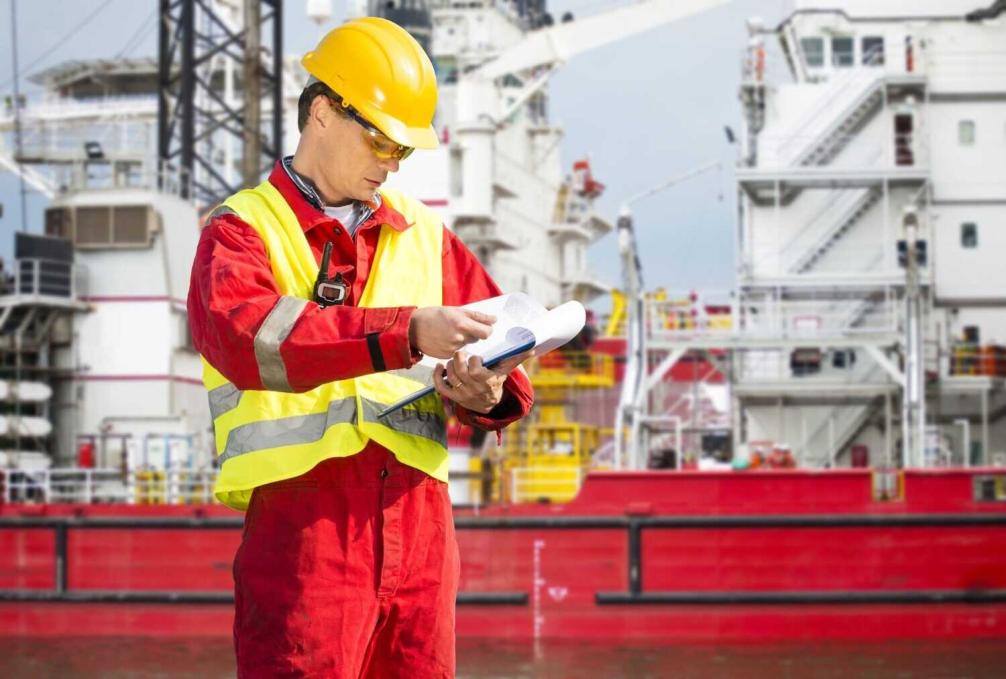
Importance of Understanding the Types of Maritime Accidents
- Identifying common types of accidents helps target prevention efforts.
- Understanding the causes allows for the development of effective safety regulations.
- Categorizing accidents helps with data analysis and identifying trends.
Overview of Different Types of Marine Accidents
Maritime accidents can be broadly classified into several categories based on their nature and causes.
I. Types of Maritime Accidents
Collisions
- Collisions between ships: occur when two or more ships collide.
- Collisions between ships and land: happen when a ship collides with a fixed structure, such as a pier or dock.
- Collisions between ships and fixed objects: involve a ship colliding with a stationary object such as a buoy or an underwater pipeline.
Strandings
- Stranding on the beach: when a ship runs aground on a beach or coastline.
- Stranding on reef: occurs when a ship hits a submerged rock or coral reef.
- Beaching on a sandbar: involves a ship becoming stuck on a sandbar or in shallow water.
Capsize and sinking
- Turn: occurs when a ship capsizes due to instability or excessive weight.
- Shipwreck: involves a ship submerging in water, either partially or completely.
Fires and explosions
- Engine room fires: start in the engine room due to mechanical failures or electrical failures.
- Cargo Fires: result from the ignition of flammable cargo, such as chemicals or petroleum derivatives.
- Explosions: may occur due to the ignition of flammable gases or vapors.
Pollution incidents
- Oil Spills: involve the release of oil or petroleum derivatives into the marine environment.
- Chemical spills: occur when dangerous chemicals are accidentally released into water.
- Sewage discharge: involves the illegal discharge of untreated sewage from ships.
Mechanical failures
- Engine faults: malfunction of the ship's propulsion system.
- Steering faults: loss of control over the ship's steering system.
- Electrical faults: problems with the ship's electrical systems.
Human error
- Negligence: failure to take due care or precautions.
- Fatigue: exhaustion leading to impaired judgment and decision making.
- Intoxication: being under the influence of alcohol or drugs when operating a ship.
II. Factors Contributing to Maritime Accidents
Environmental factors
- Climate conditions: Adverse weather conditions, such as storms and fog, can increase the risk of accidents.
- Sea conditions: Rough seas and high waves can make navigation difficult.
- Visibility: Poor visibility due to darkness, fog or smoke can make safe navigation difficult.
Human factors
- Lack of training: Inadequate seafarer training can lead to errors and accidents.
- Poor communication: Lack of communication between crew members can result in misunderstandings and accidents.
- Fatigue: Exhausted crew members can make poor decisions and increase the risk of accidents.
Mechanical factors
- Design flaws: Faulty vessel design can contribute to accidents.
- Maintenance issues: Poor maintenance can lead to mechanical failures and accidents.
- Vessel age: Older vessels may have outdated safety features and be more prone to accidents.
Consequences of Maritime Accidents
- Loss of life and injuries: Maritime accidents can result in fatalities and injuries to crew members, passengers and others.
- Environmental damage: Oil and chemical spills can cause extensive damage to marine ecosystems.
- Economic losses: Maritime accidents can lead to loss of cargo, damage to vessels and disruption of commerce.
- Legal and regulatory implications: Accidents can trigger legal liabilities, fines and regulatory actions.
Maritime Accident Prevention
- International regulations: Adhering to international regulations and standards can help prevent accidents.
- Ship design and construction standards: ensuring that ships are designed and built to withstand various conditions.
- Seafarer training and certification: provide seafarers with adequate training and certification.
- Vessel maintenance and inspection: regular maintenance and inspections to identify and address potential hazards.
- Emergency response plans: have comprehensive emergency response plans in place for various scenarios.
Key Points Recap
- Marine accidents can be categorized into various types based on their nature and causes.
- Understanding the different types of maritime accidents is crucial to developing effective prevention strategies.
- Environmental, human and mechanical factors contribute to maritime accidents.
- The consequences of maritime accidents can be serious, including loss of life, environmental damage and economic losses.
- International regulations, adequate training and maintenance are essential to prevent maritime accidents.
Importance of Preventing Maritime Accidents
Preventing maritime accidents is of paramount importance to safeguard lives, protect the environment and ensure the smooth operation of the shipping industry. Stakeholders, including governments, shipping companies and seafarers, must work together to implement effective measures to minimize the risk of maritime accidents.
Call to Action for Stakeholders
To reduce the incidence of maritime accidents, stakeholders must take proactive measures:
- Governments must enforce international regulations and standards and invest in infrastructure and technology to improve maritime security.
- Shipping companies must prioritize safety by providing adequate training to seafarers, maintaining vessels to the highest standards and implementing robust emergency response plans.
- Seafarers must undergo comprehensive training, adhere to safety regulations and report any potential hazards or concerns to their superiors.

By working together, stakeholders can create a safer maritime environment for everyone.
What are the different types of marine accidents?
Follow AFRILATEST on Google News and receive alerts for the main trending sports news today, Basket ball updates, Soccer series, entertainment and lots more!
SHARE POST AND EARN REWARDS:
Join our Audience reward campaign and make money reading articles, shares, likes and comment >> Join reward Program
FIRST TIME REACTIONS:
Be the first to leave us a comment, down the comment section. click allow to follow this topic and get firsthand daily updates.
JOIN US ON OUR SOCIAL MEDIA: << FACEBOOK >> | << WHATSAPP >> | << TELEGRAM >> | << TWITTER >
#types #marine #accidents
-

 Fashion3 months ago
Fashion3 months agoVogue Arabia cover welcomes Salma Hayek in an interview with Penélope Cruz
-

 Football3 months ago
Football3 months agoVAR points out Diego Costa's offense against the fourth referee
-

 USA today entertainment3 months ago
USA today entertainment3 months agoBeyonce with the single “Break My Soul” leads on Spotify Brazil
-

 Health and Fitness3 months ago
Health and Fitness3 months agoVaccine against the reappearance of skin cancer enters final testing phase
-

 USA today entertainment3 months ago
USA today entertainment3 months agoSZA, Future and DJ Khaled come together in collaboration
-

 News3 months ago
News3 months agoParents of former player Waleswska are pressured by widower to pay rent for the house where they live
-

 USA today entertainment3 months ago
USA today entertainment3 months agoLarissa Luz and Linn da Quebrada enchant at the Multishow Awards with a tribute to Elza Soares.
-

 Good News TV series3 months ago
Good News TV series3 months agoThe shocking reason behind the decision not to show dead characters in The Last Of Us episode revealed











